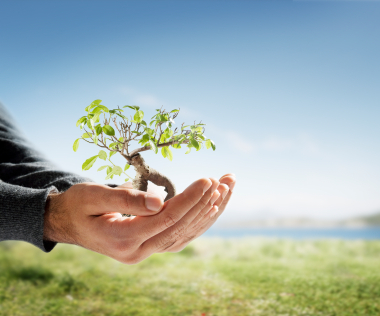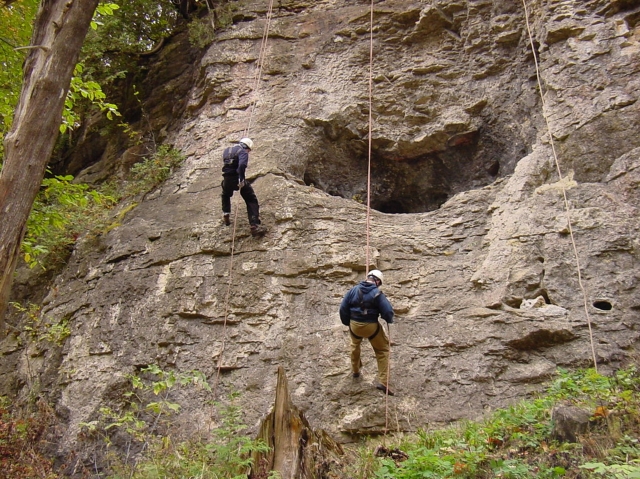SIX STEPS FOR EVERYDAY LEADERSHIP DEVELOPMENT
 “We do not learn from experience…we learn from reflecting on experience.”- John Dewey
“We do not learn from experience…we learn from reflecting on experience.”- John Dewey
1.Leadership is not simply a title given to those with a supervisory role or hold a job title that sounds leader-like. Leadership is about influencing people and processes in service of accomplishing a collective aim or goal. Such influence can be performed by any member of a group or organization. This notion of leadership is a fundamental state that we can enter and exit when called upon. It’s about focusing on collective needs and goals and influencing the group towards results that benefit the whole.
2.Learning leadership from lived experience. Thinking about leadership as an identity or state of mind that anyone can enter into, permits leaders to emerge at all levels of an organization. One way we can develop our leadership abilities on a daily basis is by approaching our own lived experiences mindfully. This process is engaging in and reflecting on our own experiences in a particular way; a way that promotes learning and development, no matter how “good” or “bad” an experience is deemed. And with continued practice, leadership traits such as personal agency, courage, fortitude and wisdom arise naturally.
3.Leader Within- As human beings, we envision many possible selves for who we are and the roles that we play in society. These might include selves that we feel we ought to be or selves that we ideally want to be. How we think of ourselves is comprised of these possible selves and the actual roles we play. For example, one’s identity might include roles such as “father” or “mentor”, attributes such as “intellectual” or “loyal friend”. These identities become key sources of motivation and strongly influence our attitudes, ways of thinking and behavior. With awareness, we get to choose and strengthen the parts of ourselves that best serve us and those with whom we share our world.
4.Experience is a funny thing. We all know that we can learn from experience. However, that doesn’t automatically happen. An experience can have all the ingredients for learning- novelty, responsibility, challenge, but we still can come away with no lessons learned or even the wrong lessons. To maximize the developmental value of any experience, it’s vital to approach and go through each experience mindfully. Mindfulness is a state of being when you are continually aware of yourself and your surroundings, open and receptive to new information and willing and able to process the experience from multiple perspectives.

5.Reflection: Reflection is vital but can sometimes feel like another item on the to-do list. We rush from meeting to meeting, checking e-mails constantly, extinguishing fire after fire, and making countless phone calls. Stopping and pausing to inquire about how things are going can easily be put into the “when I get to it” category. As the founder of modern community organizing writes, Saul Alinsky writes, ”Most people go through life undergoing a series of happenings which pass through their systems undigested. Happenings become experiences when they are digested, when they are reflected on.” When we curiously and receptively ask questions, like “What just happened?”, “Why did it go that way?”, And periodically, relate it to general patterns of cause and effect, “Every time I attempt to lead using this approach, people don’t follow my lead,” insightful answers arrive.
6.Develop a Learning Mindset: Talented, successful people are often their own worst enemies when it comes to learning from experience. They know what works, because it has worked in the past. Rather than focusing on what can be learned from a particular experience, people often focus on either avoiding failure or proving how competent that are to others. Yet, learning sometimes requires failure and mistakes. This often requires engaging in experiences where we’re not quite ready for primetime. And we may want to look at our deeply held beliefs of what success looks like as well. Rarely do individuals set goals related to what they will learn from a particular experience. Mindful engagement encourages this by emphasizing a learning orientation. This increases resiliency as well, allowing us to bounce back after initial failure or setbacks. By learning from experience, each day can be ripe with opportunities for everyday leadership development.

